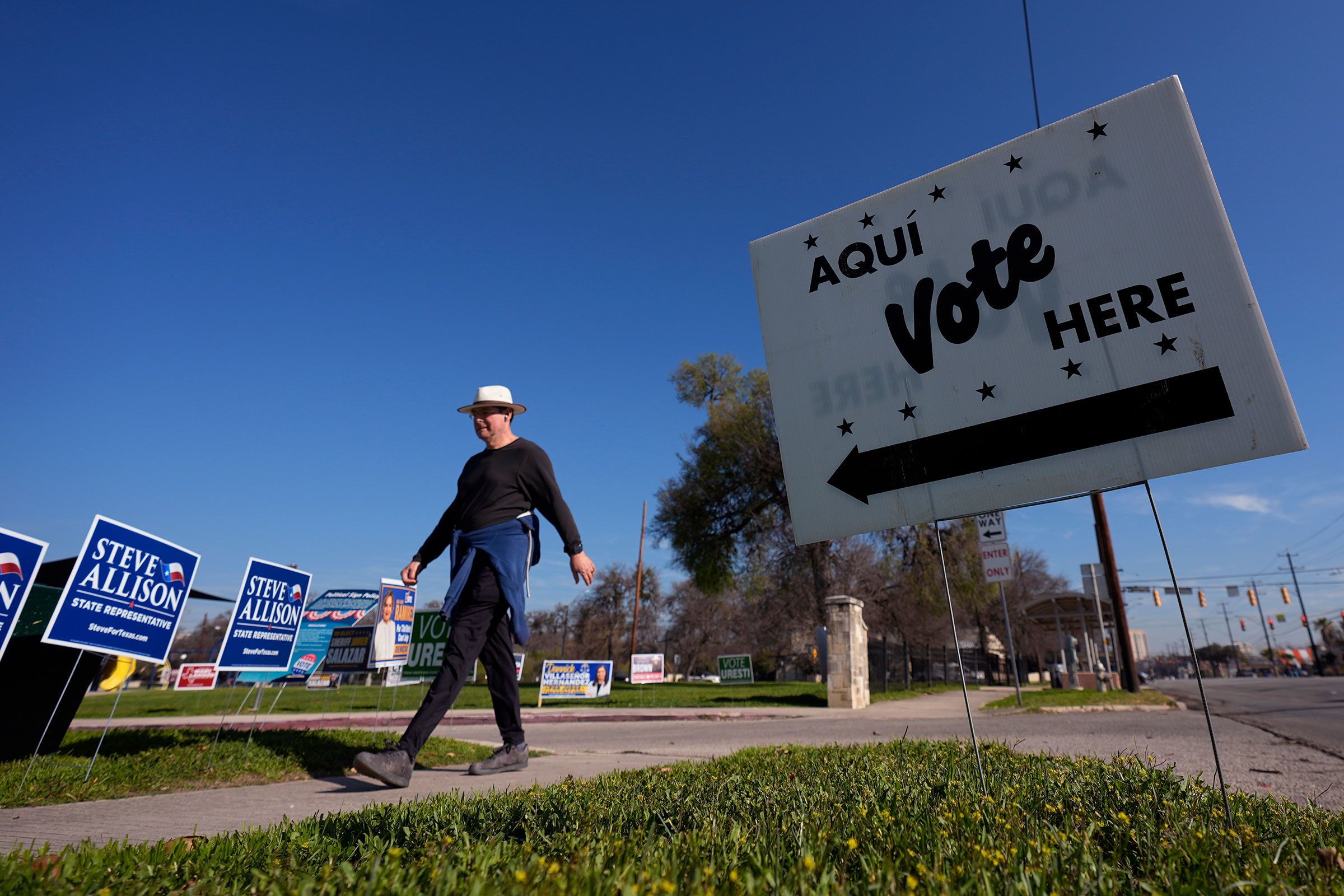The presidential primaries have entered a significant new phase, known as “Super Tuesday,” where voters from various states participate in primaries scheduled on the same day. Despite the absence of serious competition for Democratic President Joe Biden and former President Donald Trump this year, the event remains crucial.
Super Tuesday could potentially be the last chance for former South Carolina Gov. Nikki Haley to challenge Trump for the Republican presidential nomination, following a lackluster campaign.
What is Super Tuesday?
Super Tuesday is not a single primary or caucus, but a combination of 15 Republican and 16 Democratic contests across the nation. It represents a significant proportion of the delegates for both parties, with both Biden and Trump hoping to maintain their undefeated streaks in this year’s primary contests.
Which States are Participating?
Super Tuesday sees a diverse range of states from all corners of the country casting their votes. These include the first three states alphabetically – Alabama, Alaska (for Republicans), and Arkansas, along with California, Colorado, Maine, Massachusetts, Minnesota, North Carolina, Oklahoma, Tennessee, Texas, Utah, Vermont, and Virginia. Additionally, the Democrats’ mail-in presidential preference process in Iowa concludes, and a Democratic caucus takes place in American Samoa.
Previous Super Tuesday Performances
In 2016, Trump seized control of the Republican primary on Super Tuesday, winning 7 out of 11 contests. However, this year, Trump has won every contest before Super Tuesday, leading in delegate count over Haley. In contrast, Biden won 10 out of 14 contests on Super Tuesday in 2020. As an incumbent, he is expected to win every contest this Tuesday.
Key Storylines to Watch
For Republicans, the focus is on whether Haley can gain any traction. Despite not winning any primary or caucus and lagging in delegate count, Haley insists that Republicans deserve a second option. Will a Super Tuesday setback push her out of the race?
For Democrats, Biden recently received a wake-up call in Michigan, where over 100,000 Democratic primary voters chose “uncommitted” over him. This protest vote, particularly in a state with a strong Arab and Muslim population, reflects dissatisfaction with Biden’s Israel policy. Will there be more protest votes on Super Tuesday?
When Will the Primaries End?
Neither candidate can secure a majority of the delegates until later in March. Primaries will continue until early June, with conventions scheduled for July for Republicans and August for Democrats.
The Origin of Super Tuesday
The term “Super Tuesday” emerged in the 1980s as the modern primary system evolved. Southern Democrats, seeking a moderate candidate, timed their primaries to exert more influence in the process. However, this strategy has not always been successful. For instance, in 1988, liberal candidate Michael Dukakis secured the Democratic primary with Super Tuesday victories, while in 1992, then-Arkansas Gov. Bill Clinton completed his comeback by sweeping Southern states on Super Tuesday.

